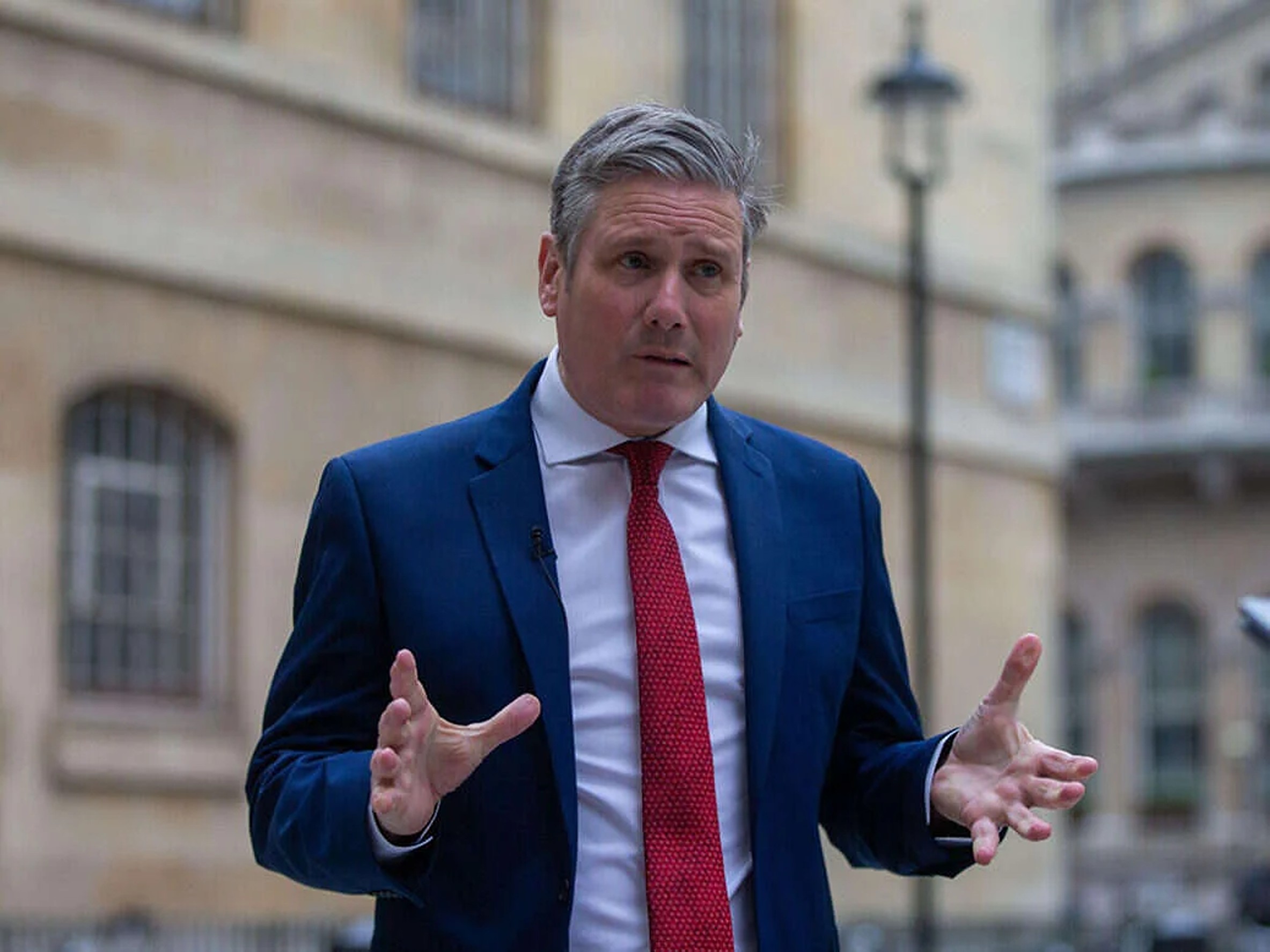Keir Starmer, the leader of Britain’s Labour Party, announced that the party plans to increase defence spending to 2.5% of GDP “as soon as resources allow.”
This pledge aligns Labour with the Conservative party’s defence funding goals, at a time when Labour leads in polls before an expected election later this year.
In an interview with the i newspaper, Starmer emphasized the critical importance of defence in today’s increasingly perilous global landscape.
He remarked, “On defence spending, obviously we want to get to 2.5% as soon as resources allow that to happen.”
He highlighted the volatility of the current international climate, underscoring defence as a paramount concern for any government.
Furthermore, Starmer reiterated Labour’s full support for the UK’s nuclear deterrent capabilities, specifically the Trident submarine-based missile system, which ensures a continuous at-sea presence and involves substantial financial investment.
“In the face of rising global threats and growing Russian aggression, Labour’s commitment to our UK nuclear deterrent is total,” Starmer is set to affirm during a visit to Cumbria in northern England, where these submarines are manufactured.
A future Labour government would initiate a review of defence and security expenditures to ensure proper prioritization and to address inefficiencies in procurement processes, Starmer informed the i newspaper.
This approach marks a significant shift from the stance of Jeremy Corbyn, Labour’s previous leader, who was known for his opposition to the Trident system.
The Conservative party, which has traditionally prioritized higher defence spending, stated in March their intent to elevate defence spending to 2.5% of GDP “as soon as economic conditions allow.”
This is an increase from the current spending level of approximately 2.2%.
The annual operational cost of Trident is around £3 billion, with an anticipated £31 billion required for a new fleet of submarines expected to be active by the early 2030s.
Starmer’s commitment to matching defence spending goals reflects Labour’s strategic positioning to appeal to voters concerned about national security and international stability as the election approaches.


